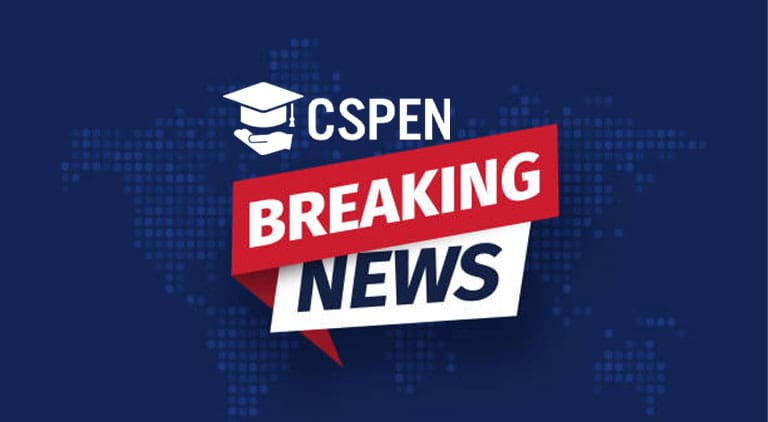
Targeted BDR Student Loan Debt Relief and Debarment Action & Institution’s Relationship With Their Third-Party Servicers Cap Off Today’s Flurry of Biden-Harris Announcements
Overview
Sorry for sending the community two announcements today, but as was shared in the previous announcement, the Biden-Harris Administration continues to push out student loan debt relief updates and new policy interpretation updates as the final sands continue to slide through the hour glass.
This afternoon, the Department posted two new announcements.
The first, is a targeted announcement entitled, “Biden-Harris Administration Announces Group Discharge for 261,000 Borrowers with Loans from Ashford University (www.ed.gov/about/news/press-release/biden-harris-administration-announces-group-discharge-261000-borrowers-loans-ashford-university) .” The announcement states:
The Biden-Harris Administration today announced the approval of a $4.5 billion group discharge for 261,000 borrowers who attended Ashford University, a largely online institution, from March 1, 2009, through April 30, 2020. The approval is in response to a request from the California Department of Justice based upon evidence it obtained during a successful lawsuit brought against Ashford University LLC and its parent company, Zovio, Inc. (Zovio) around widespread misrepresentations in nine separate areas, including students’ ability to obtain needed licensure, transfer credits, the cost and amount of financial aid, and the time it would take to earn a degree. The U.S. Department of Education (Department) also conducted its own separate review of the evidence from California. This discharge brings the total amount of relief approved for borrowers whose schools took advantage of them, closed, or are covered by related court settlements to $34 billion for more than 1.9 million borrowers.
Separate from this action, the Department also announced today that it issued a proposed debarment action to Andrew Clark, the founder, President, and CEO of Zovio.
The second is a Dear Colleague Letter dated yesterday, but made public this afternoon, entitled “Notice of interpretation regarding misrepresentations by third-party service providers engaged by an institution of higher. Education.” The letter is intended to be a reminder to “eligible title IV institutions of their obligations under the Higher Education Act (HEA) to comply with requirements under section 487(c)(3) of the HEA and the Department’s regulations (subpart F of part 668) pertaining to misrepresentation. These provisions prohibit an institution from providing false, misleading, or inaccurate information about the nature of its educational program(s), its financial charges, or the employability of its graduates. This letter reminds eligible institutions that such requirements apply with equal force to statements made by a third party entity engaged by the eligible institution, including but not limited to an Online Program Manager (OPM), and their respective employees, contractors, or representatives (hereinafter “external service provider”); and that institutions may be responsible for the consequences of any misrepresentation committed by any external service provider that they engage. See 34 C.F.R. 668.71.
The letter goes onto state:
“Consistent with the statutory and regulatory requirements related to misrepresentation, the Department highlights three types of statements that, if made by an eligible institution and/or any external service provider, under certain circumstances discussed further below, are likely to qualify as a misrepresentation:
(1) Inaccurately identifying an individual employed by an external servicer provider as being employed by the eligible institution,
(2) Inaccurately presenting a sales representative or recruiter employed by an eligible institution or an external service provider as an academic advisor, such as by referring to them as a “counselor,” and
(3) Describing a program, or any of its components or resources, provided in substantial part by the external service provider as “the same as” a corollary residential or campus based version of the program provided by the eligible institution.
These three types of statements may result in a finding that an eligible institution has engaged in a substantial misrepresentation and may result in the Department imposing a fine or taking action to limit, suspend, or terminate an institution’s access to title IV funds.”
What’s Next
CSPEN still anticipates even more announcements from the Biden-Harris Administration and the Department this week, including the aforementioned Financial Value Transparency and Gainful Employment directives on how institutions of higher education who fail to meet today’s reporting deadline must continue to work toward submission of the required information and the potential request for justification and documentations as to how and/why the institutions failed to meet the deadline.
We will also provide more details on the plethora of last minute actions and updates from the Biden-Harris Administration and a look at both the present and the future under the incoming Trump-Vance Administration next week.



